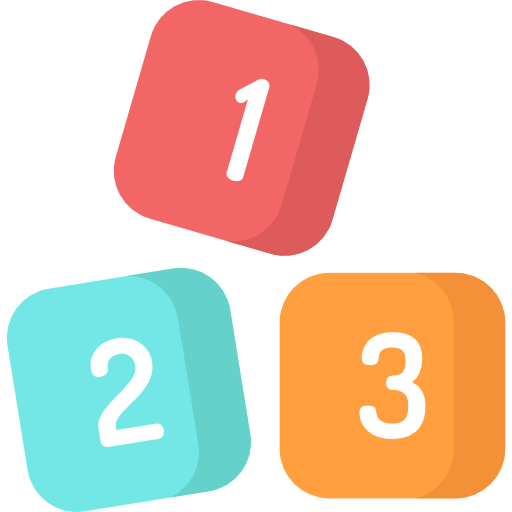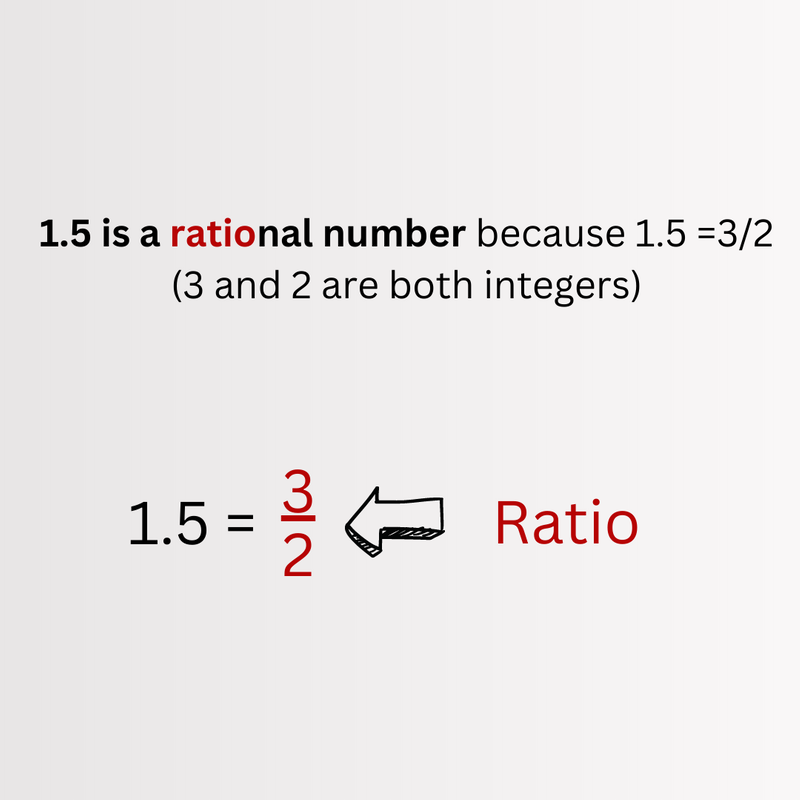
This logo isn't an ad or affiliate link. It's an organization that shares in our mission, and empowered the authors to share their insights in Byte form.
Rumie vets Bytes for compliance with our
Standards.
The organization is responsible for the completeness and reliability of the content.
Learn more
about how Rumie works with partners.
What do hopscotch, temperature, and bank accounts all have in common? They all use types of numbers to express information.
 Photo by Volkan Olmez on Unsplash
Photo by Volkan Olmez on UnsplashWhy does that matter? ❔❓
We use different types of numbers to express different things. 🔢
Understanding the differences between whole numbers, integers, rational numbers, and irrational numbers will help to express yourself numerically in the real world.
What are numbers and different number types?

We use numbers to count money, keep track of scores in a sports game, track dates and time, and manage finances. But...
What exactly is a number in math?
"A number is an arithmetic value used for representing the quantity and used in making calculations." In other words, it's a value that shows an amount of something.
Why are there different types of numbers?
Numbers have different properties or characteristics, and are in different places on the number line. Their placement and properties can be put into different categories or groups to help us understand them.
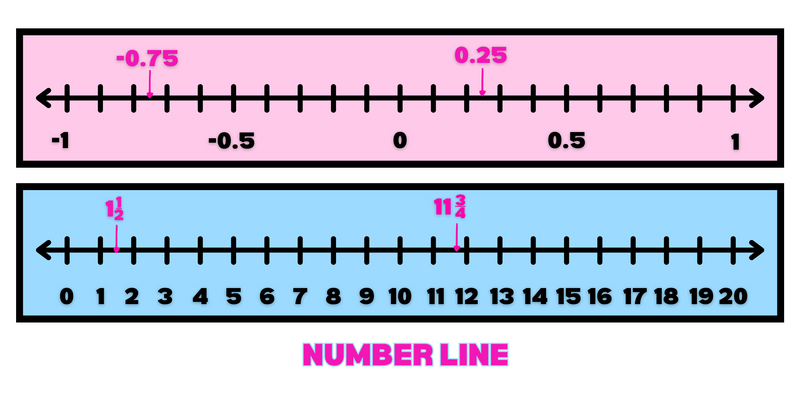 To hear an audio description of the number lines above, click the play button on the audio player below:
To hear an audio description of the number lines above, click the play button on the audio player below:
 What are examples of number types?
What are examples of number types?
whole numbers
integers
rational
irrational
What are whole numbers?

 Examples:
Examples:
3
10
104
3,206
1,000,005
 Whole numbers in the real world:
Whole numbers in the real world:
$36 in my bank account💲
0º Celsius or 32º Fahrenheit today ❄
2 miles from home to school 🚗🏫
What are integers?
 Integers are the positive and negative numbers without any decimals or fraction parts. They also include zero.
Integers are the positive and negative numbers without any decimals or fraction parts. They also include zero.

 Examples:
Examples:
-100
203
-5
30,000
0
 Integers in the real world:
Integers in the real world:
-$0.45 in my bank account. Looks like an overdraft! 🙀
-15º Celsius or 5º Fahrenheit today 🥶
25 miles from home to the theater 🚗🎭
What are rational numbers?
 Rational numbers can be made by dividing an integer by another integer. They can be written as integers and fractions. They can also be written as terminating (or stopping) decimals and repeating decimals.
Rational numbers can be made by dividing an integer by another integer. They can be written as integers and fractions. They can also be written as terminating (or stopping) decimals and repeating decimals.
Note: If the decimal can be rewritten as a fraction, then the decimal is rational.
🌟 Bonus: You can see the word "ratio" in rational numbers. A ratio compares one thing to another and can be written like 3 to 2, 3:2, and 3/2.
 Examples:
Examples:
-1.55555...(with a repeating 5)
4/5
6 5/6
-100 7/20
4.56789
 Rational numbers in the real world:
Rational numbers in the real world:
$8,236.55 in my bank account. Been saving! 🏦
32.777...º Celsius or 91º Fahrenheit today 😎🏖
Only 1 and 3/4 miles from home to the park 🚲🌳
What are irrational numbers?
 Irrational numbers are non-terminating decimals without a pattern. This means that they continue on and on without end. Also, the key is that they don't have a repeating pattern.
Irrational numbers are non-terminating decimals without a pattern. This means that they continue on and on without end. Also, the key is that they don't have a repeating pattern.
They're usually found in a form that includes a mathematical symbol, like π (pi), or √ (square root). These numbers aren't from a ratio or fraction.
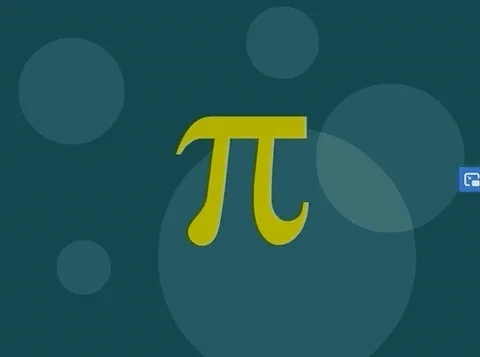
 Examples:
Examples:
π — starts with 3.1415926535 but keeps going and going
√2 — starts with 1.4142135623 but keeps going and going
√21 — starts with 4.5825756949 but keeps going and going
e — Euler's number, starts with 2.7182818284 but keeps going and going
ϕ — The Golden Ratio, starts with 1.618033988749 but keeps going and going
 Irrational numbers in the real world:
Irrational numbers in the real world:
These are hard to spot in the real world but are used in interest with money, construction with circular objects, and design/engineering with precise calculations.
What type of number is it?
Numbers can be one type or multiple types.
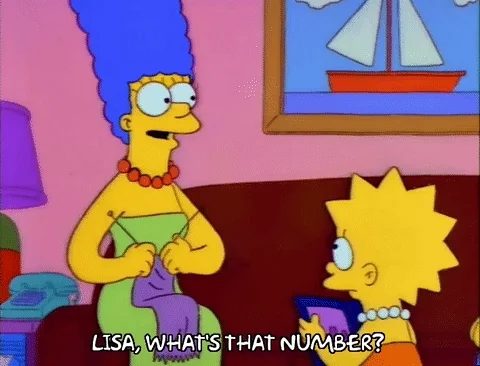
 2 is a whole number, an integer, and a rational number while 9.7 is only a rational number.
2 is a whole number, an integer, and a rational number while 9.7 is only a rational number.
 Check out this table for more examples:
Check out this table for more examples:
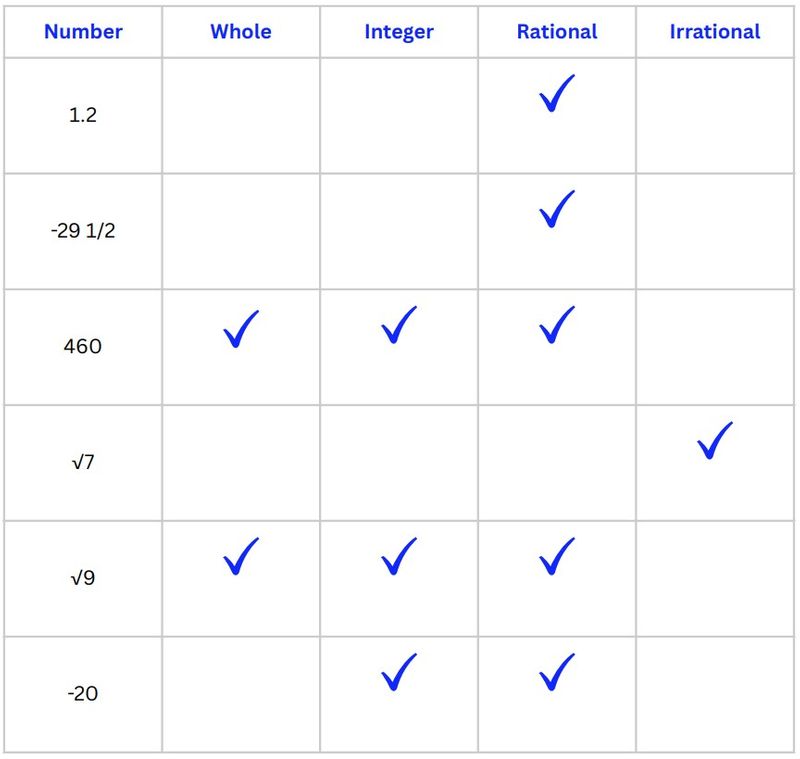
Square Root Special Note:
In the example √9, the square root of 9 is 3 (because 3 times 3 is 9) and 3 is a whole number, an integer, and a rational number. However, √7 is approximately 2.6457513110 but continues on (non-terminating) without a pattern so is irrational.
Quiz
What type of number is 81? Select all that apply:
81 falls into the 3 types: whole, integer, and rational. 81 is whole because it doesn't include any decimal or fractional parts. It's an integer because integers can be positive or negative whole numbers. It's a rational number because 162/2 for example is equal to 81. It can be written as a ratio with two integers being divided.
Take Action
Now that you know about the types of numbers, there's no limit to what you can do in math!

Check out these Bytes and other resources to see what else you can do with numbers:
This Byte has been authored by
Theresa Dwulit
Learning Designer
M.Ed.
